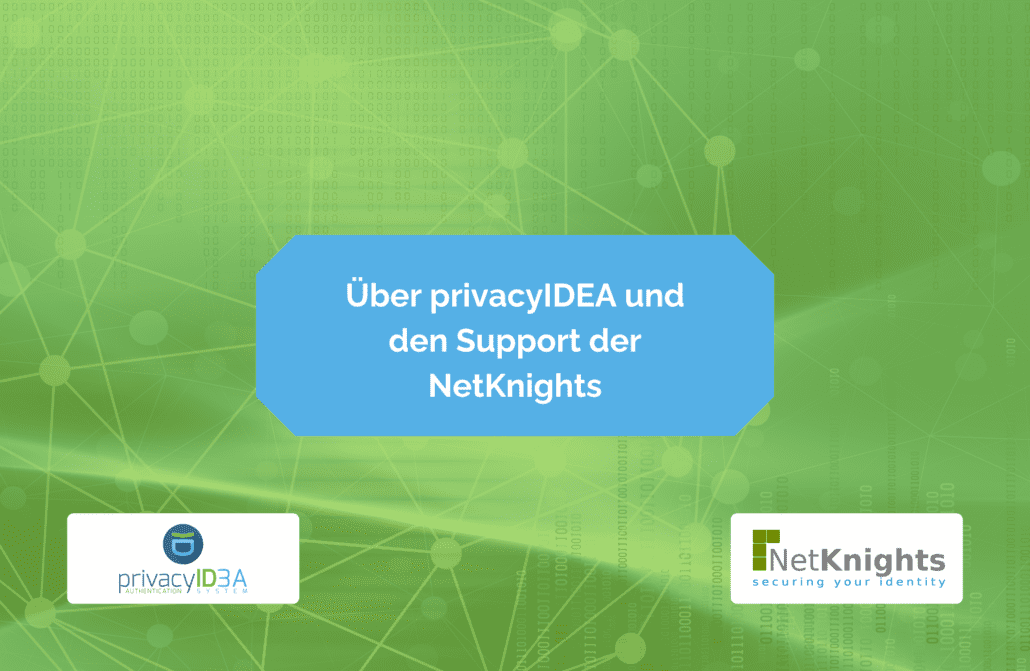We take pleasure in releasing the privacyIDEA Credential Provider 3.2. The privacyIDEA Credential Provider comes with an improved offline functionality, which works best with privacyIDEA 3.7.
It now supports several different offline users. Each offline users can have several different HOTP tokens.
Central configuration
To improve performance in certain cases the administrator can define an “offline_threshold”. Only if the number of the remaining offline OTPs falls below this value, the Credential Provider will try to contact the privacyIDEA server to refill the offline OTPs.
Installation and configuration gets easier with the parameter “enable_filter”, which does not require to explicitly install the filter component.
The administrator can also show the remaining offline values to the user by configuring the registry key “offline_show_info”.
Download
The privacyIDEA Credential Provider is available for download for registered customers. Interested users can evaluate the software in an extensive test phase. Please contact us to obtain a demo version.
About the privacyIDEA Credential Provider
The Credential Provider is installed on Windows client or server systems. During logon, it asks the user for a second factor in addition to the Windows password.
The authentication is carried out against the privacyIDEA backend, in which the administrator manages all user tokens at a central location on Premises.
The administrator can completely customize the appearance of the privacyIDEA Credential Provider to the corporate design. Logos and texts can be adapted according to the corporate design.
The privacyIDEA Credential Provider integrates seamlessly into the existing Windows landscape. It supports Network Level Authentication (NLA), User Access Control (UAC) and Over-The-Shoulder (OTS). The password can be changed both during logon and while unlocking a session.
privacyIDEA Credential Provider is available as a signed MSI package. Companies can thus easily install the software on Windows 8, Windows 10, Server 2012, 2016 and 2019 via their preferred software distribution system.
By authenticating against the privacyIDEA backend, which is available under an open source license and is also operated in the company’s own network, companies not only have freedom of choice when it comes to using the second factors, but also have full control over the entire logon process at all times.


